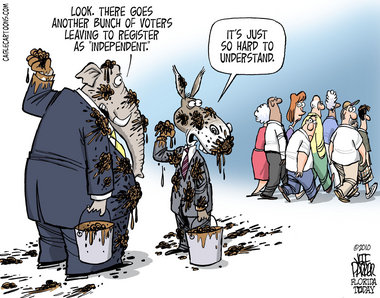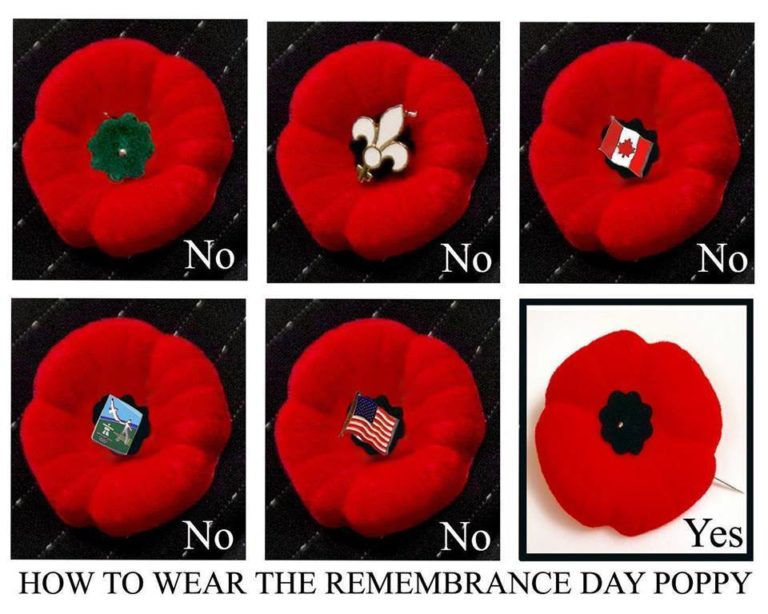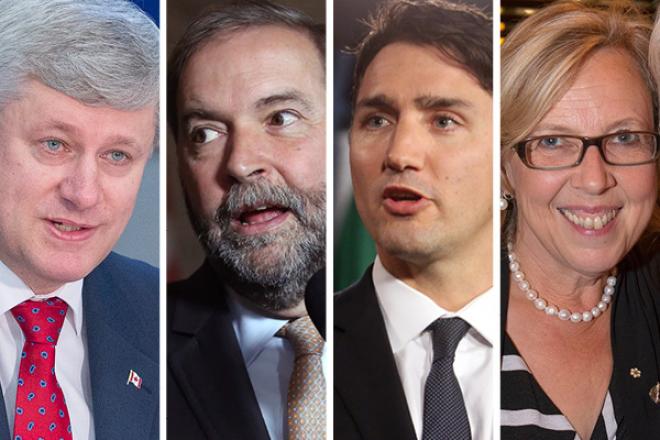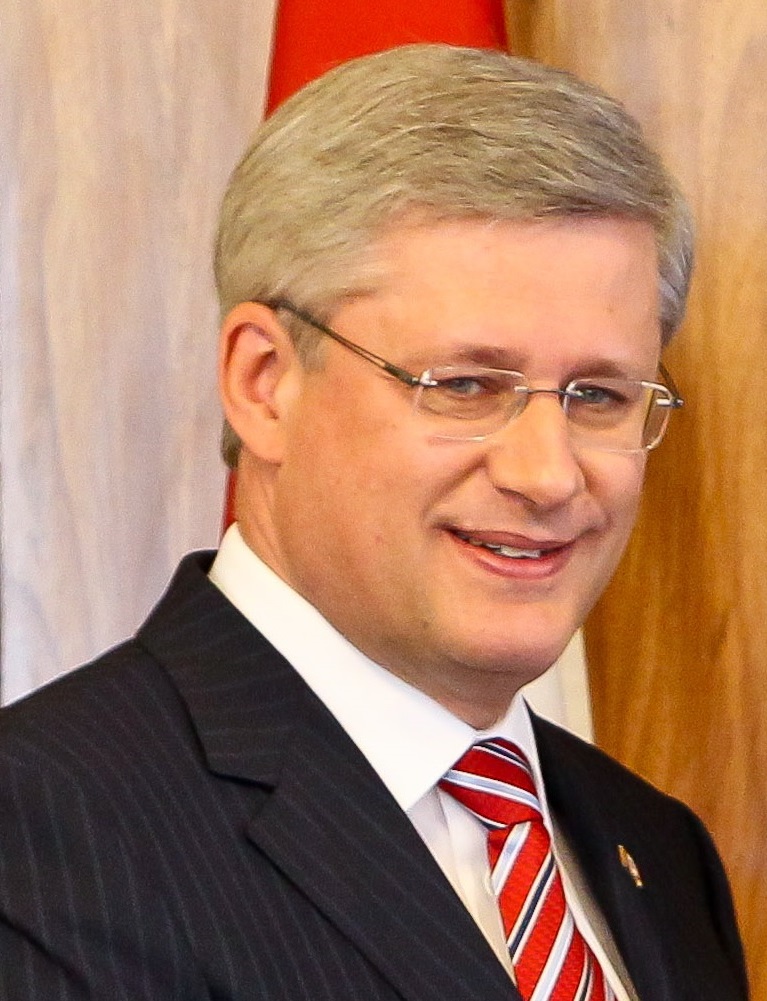As you have probably heard by now, during this past week President Obama has taken executive action...
canada
So Remembrance Day is coming up here in Canada, that transitional period between Halloween and the Christmas...
The spark for this post came to me a while ago, back when the Truth and Reconciliation...
Again, because I can see some people taking this piece about politicians battling each other to the...
Note: I would hope that it goes without saying, but just in case, everything in this post...
Election period is coming around in Canada once again, and I’m not sure which irritates me more:...
Preface: I am not a conservatively-biased person. I tend to swing towards far left of the political...






